Gaza threatens to divide Democrats as convention kicks off
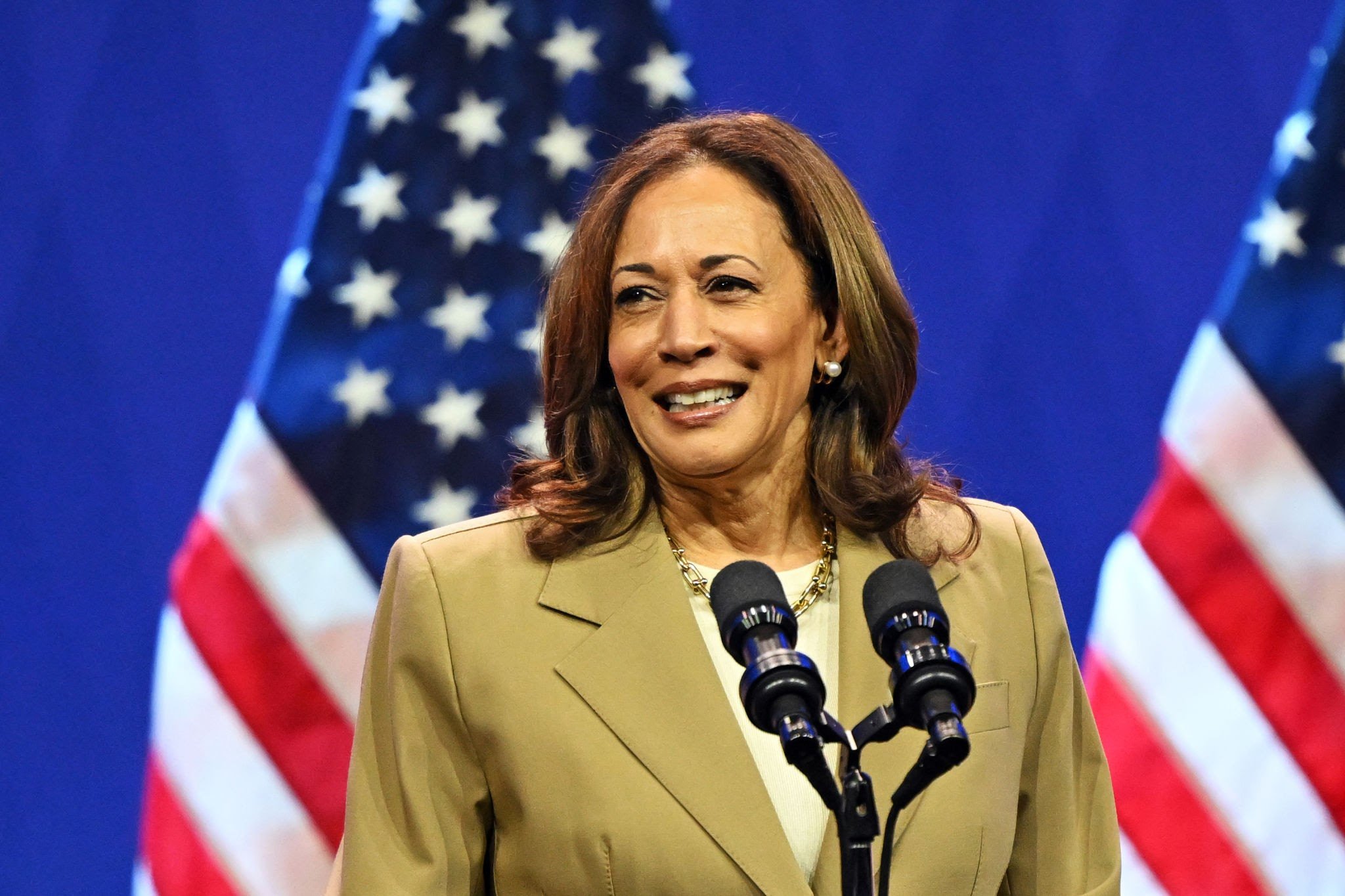 File/Getty Images
File/Getty Images
Phil McCausland and Mike Wendling, August 19 -The Democratic National Convention is set to kick off on Monday as Gaza protests threaten to overshadow what is expected to be a show of unity for Vice-President Kamala Harris as the party's nominee for president.
The Harris campaign is hoping the Chicago convention will serve as a jubilant celebration following President Joe Biden's abrupt exit from the race in July.
But some worry that an internal party debate over the war in Gaza could undercut Democrats' harmony during the convention and ahead of the November election - which is fewer than 80 days away.
The convention will culminate on Thursday with Ms Harris giving a primetime speech after she formally accepts the party's nomination.
President Joe Biden, former Secretary of State Hillary Clinton, former President Barack Obama, other party royals, and a star-studded cast of actors and entertainers will take the stage at the United Center in Chicago this week to praise the vice-president and sharpen their attacks on former President Donald Trump - her Republican challenger.
But what remains unclear is how the Harris campaign and the Democratic Party will tackle the sensitive nature of policy towards Israel and the conflict in Gaza.
The Harris campaign did not respond to a request for comment.
Israel launched a military campaign in Gaza intending to destroy Hamas after the group attacked southern Israel on 7 October. About 1,200 people were killed and 251 taken hostage in the unprecedented assault.
Israel has faced international criticism for the scale of civilian casualties in its offensive. Gaza’s Hamas-run health ministry says more than 40,000 people have been killed since October.
Ms Harris, who set off on a bus tour of Western Pennsylvania before flying to Chicago on Sunday, has not released a clear policy on Gaza and Israel. Her nascent campaign has only put forward a series of economic proposals so far and is under pressure to release more detail on her policy agenda.
She has, however, called for a ceasefire and for the respectful treatment of protesters at her rallies. She also recently said "far too many" civilians had been killed but did not back a weapons embargo on Israel as some progressives have called for.
Opposition to the Biden administration’s handling of the conflict caused more than 750,000 people to vote “uncommitted” - rather than for any specific candidate - during the Democratic presidential primary earlier this year, raising concerns that these voters might stay home or cast their ballot for a third party.
While the energy of that "uncommitted" campaign has ebbed slightly in the party excitement over Ms Harris's candidacy in recent weeks, the presence of that vote in key swing states like Michigan will still be felt at the convention.
Only three dozen delegates at the Democratic convention will represent the “uncommitted” vote, but they speak for hundreds of thousands of unsatisfied voters.
These delegates - many of whom are longtime Democratic organisers - will be greatly outnumbered by the more than 4,500 who are committed to backing Ms Harris.
Still, they said they intended to spend the convention week pressuring the Harris campaign and their party to act on Gaza.
"We know that this is not a small endeavour. We are challenging a status quo US policy of the past 40 years, and it won’t shift overnight," said Samuel Doten, a Democratic organiser who is an "uncommitted" delegate.
Several "uncommitted" delegates said they hoped to convince others at the convention to sign on to their letter demanding Ms Harris and the Democratic Party support a ceasefire and arms embargo against Israel.
They stressed that they were not working to spoil the convention or the election, but pushing the party to adopt a policy they believed was popular among Democratic voters.
"There are thousands of voters across the US who voted 'uncommitted,' so it feels like a huge responsibility for us to present their wishes and to make sure that their voices are being heard and amplified in this party," said Adrita Rahman, who will attend the DNC for the first time as an "uncommitted" delegate.
As for the protests, it remains to be seen how they will be organised and how many people they will draw.
The largest protest of the week is expected to come on Monday, with organisers saying at a press conference on Sunday to expect “many thousands of people”.
They earlier suggested that there could be 100,000 protesters in the streets, but they have since reduced that number to “many, many thousands” participating in a Gaza demonstration on Monday and “tens of thousands” in total by week’s end.
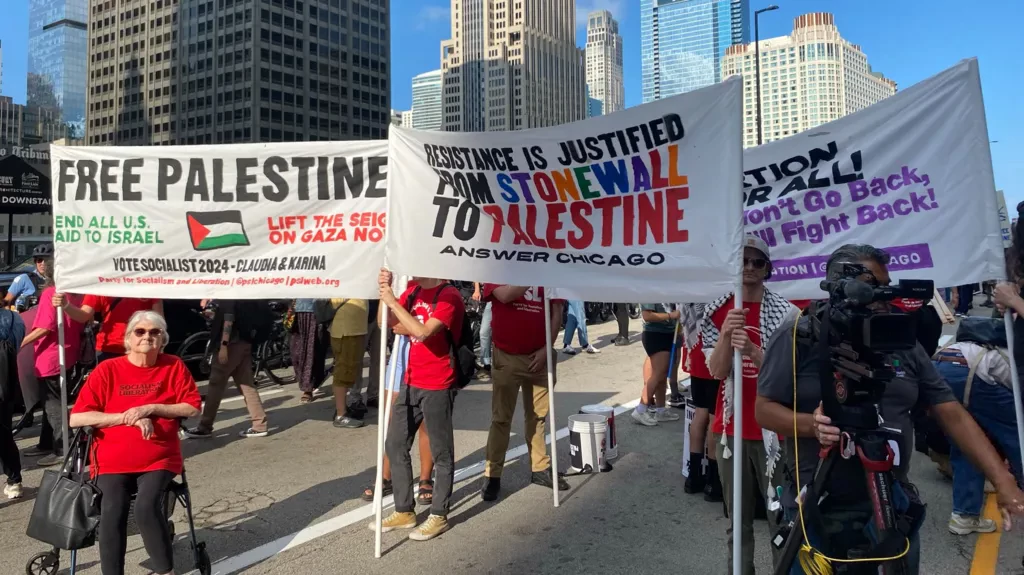
Ms Harris had earned some goodwill from Gaza protesters as she was one of the first members of the administration to call for a ceasefire and express a sharper opinion of Israel and Mr Netanyahu.
But many have said that the vice-president’s honeymoon period is over. While they said they appreciated her rhetoric of holding Israel accountable for the humanitarian disaster in Gaza, delegates and protest organisers said they expected to see a policy position from Ms Harris that was actionable.
“I think the people inside the DNC need to know that they have some very unpopular policies. We're here to tell them," said protester Irene Alikakos at the week's first protest on Sunday, which consisted of a few hundred people near Chicago's Trump Tower.
This protest will come just before President Biden delivers the night’s primetime address. He is expected to tout his accomplishments and emphasise the importance of the election.
The DNC will also coincide with a consequential week for the US-mediated ceasefire talks - a key initiative in the Biden administration’s final months.
US Secretary of State Antony Blinken arrived in Israel on Sunday, and he will continue on to Cairo where it is expected that the talks will result in a decision on the effort.
The Biden White House has described the ceasefire talks as in their “final” stages, and this diplomatic reality could put Ms Harris and her campaign in a tenuous position.
As a current member of the US administration, it is difficult for her to stray from President Biden’s position on Gaza under normal circumstances. It is even more difficult with negotations potentially coming to a close.
Some close to her have said that, either way, a significant policy shift will not be forthcoming.
Halie Soifer, who was Ms Harris’s national security adviser in the Senate, said there was "no daylight between” Ms Harris’s views and Mr Biden’s.
“Her policy, which is the policy of this White House, is not changing,” said Ms Soifer, who now leads the Jewish Democratic Council of America.



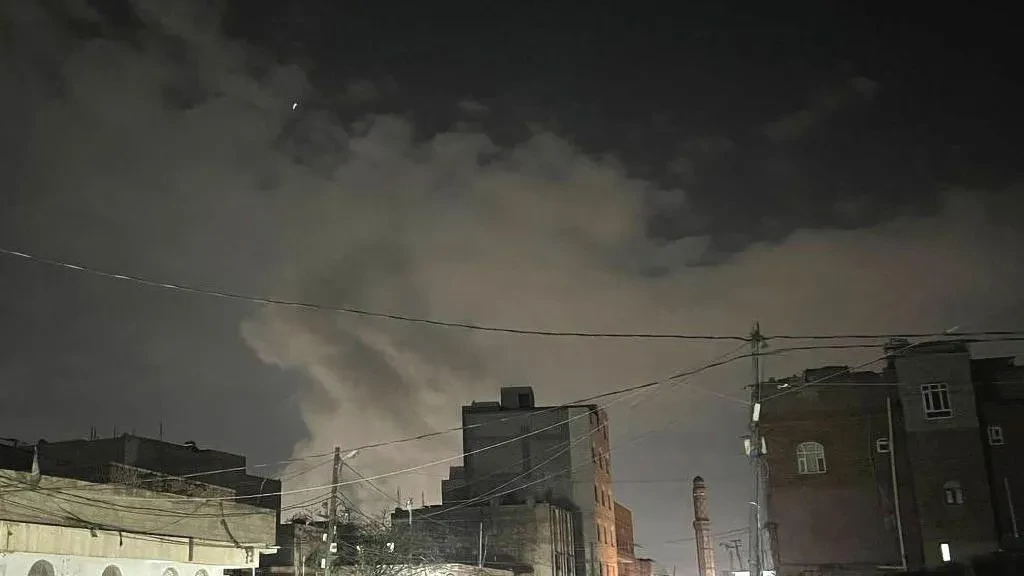

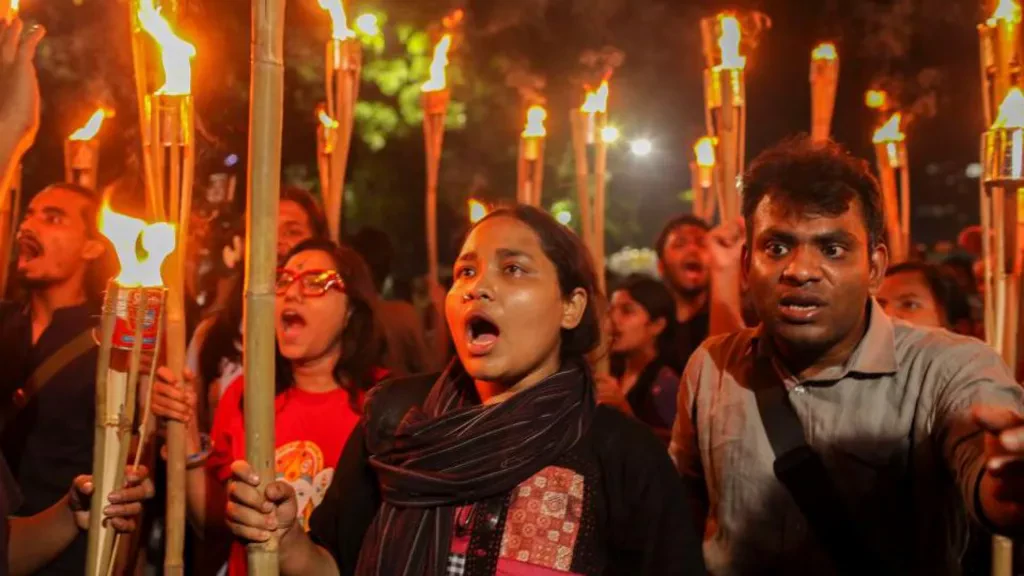

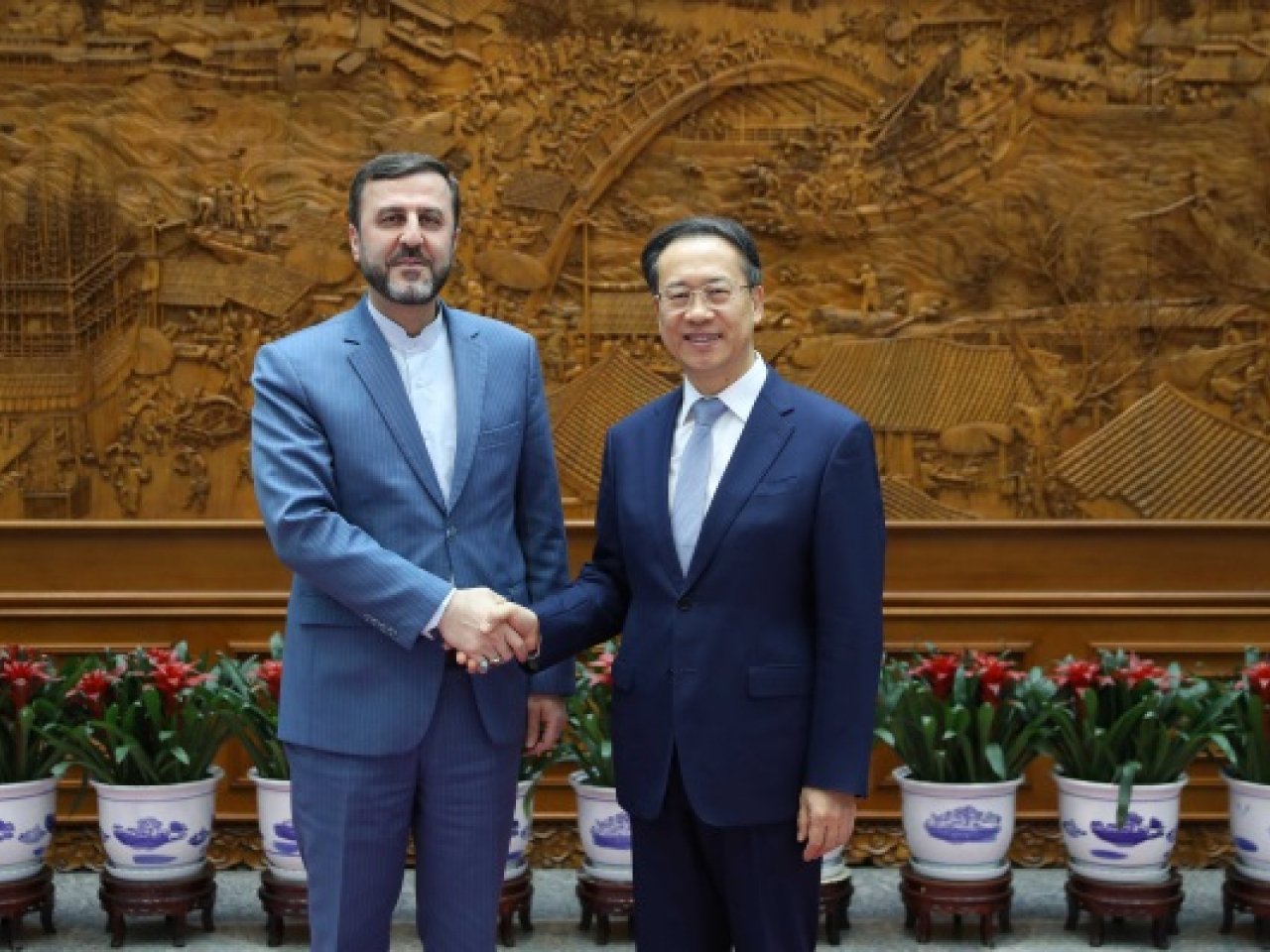
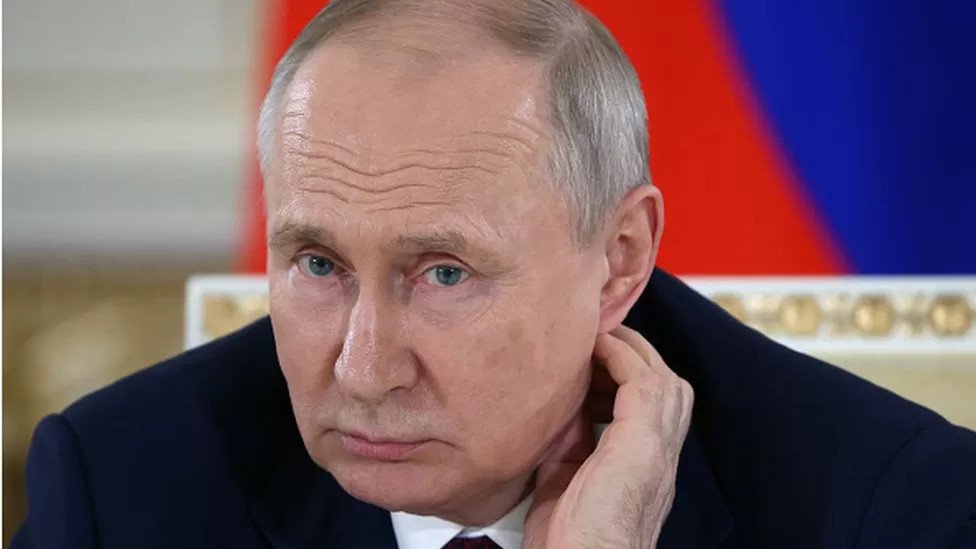

Leave Comment